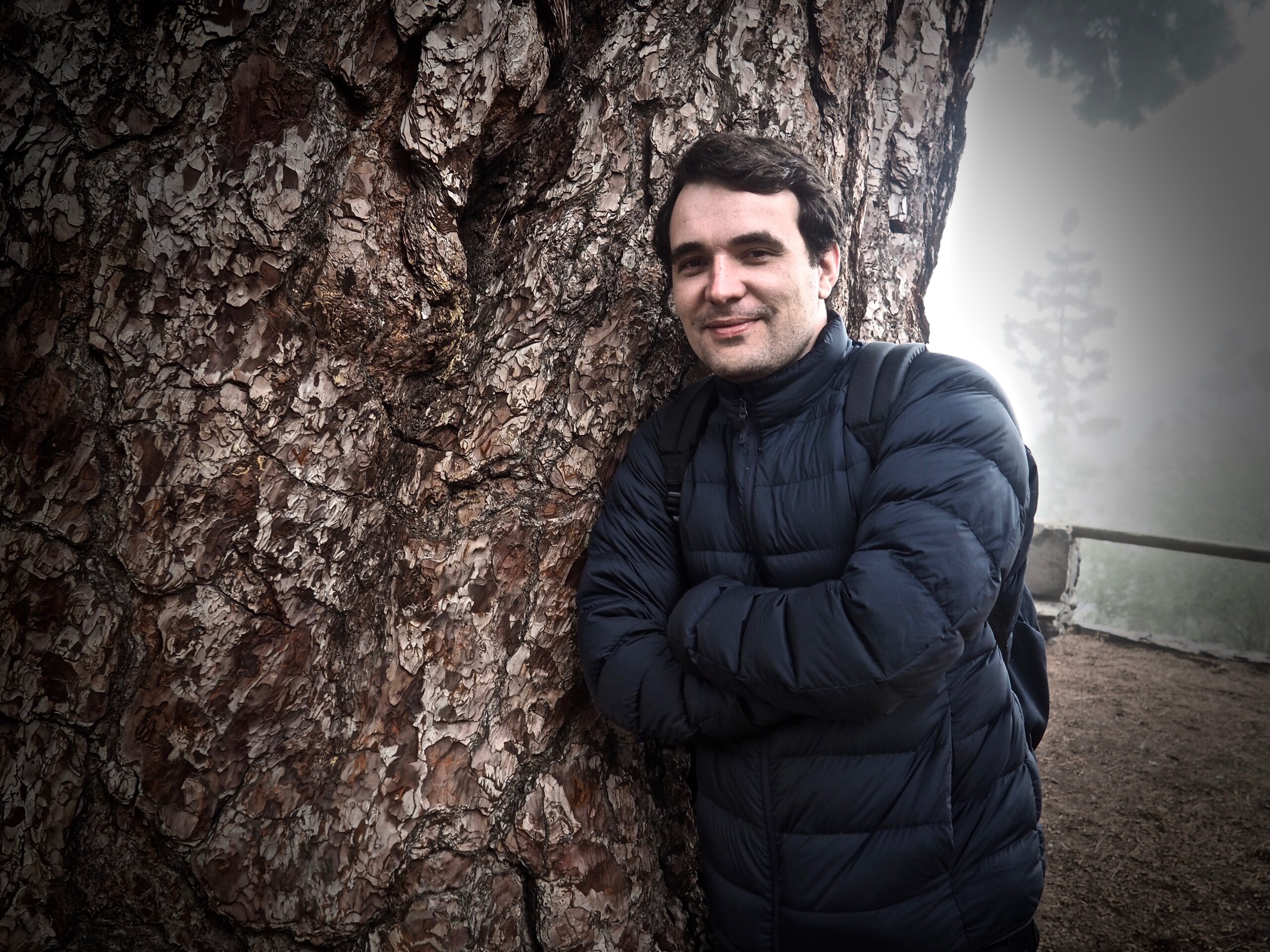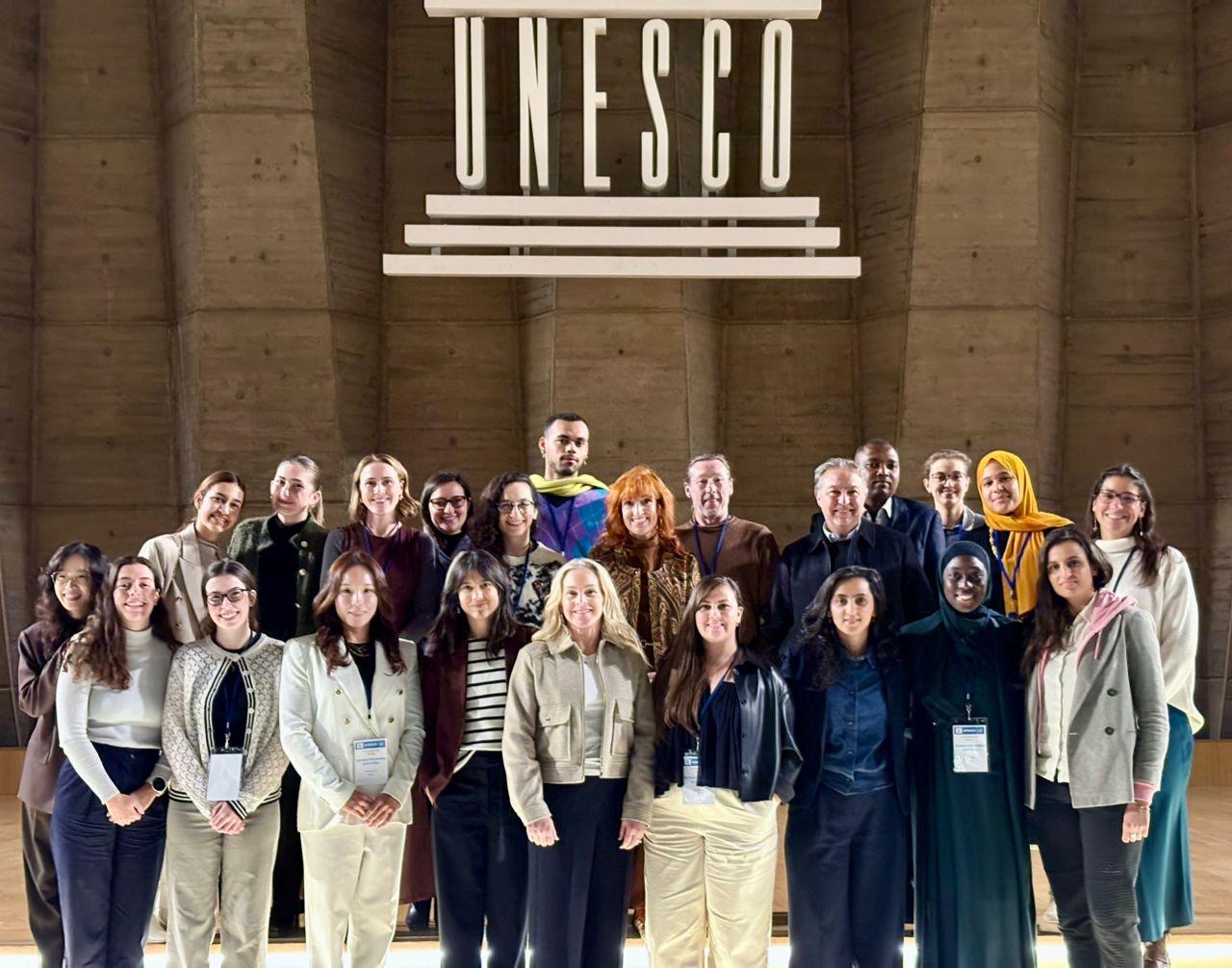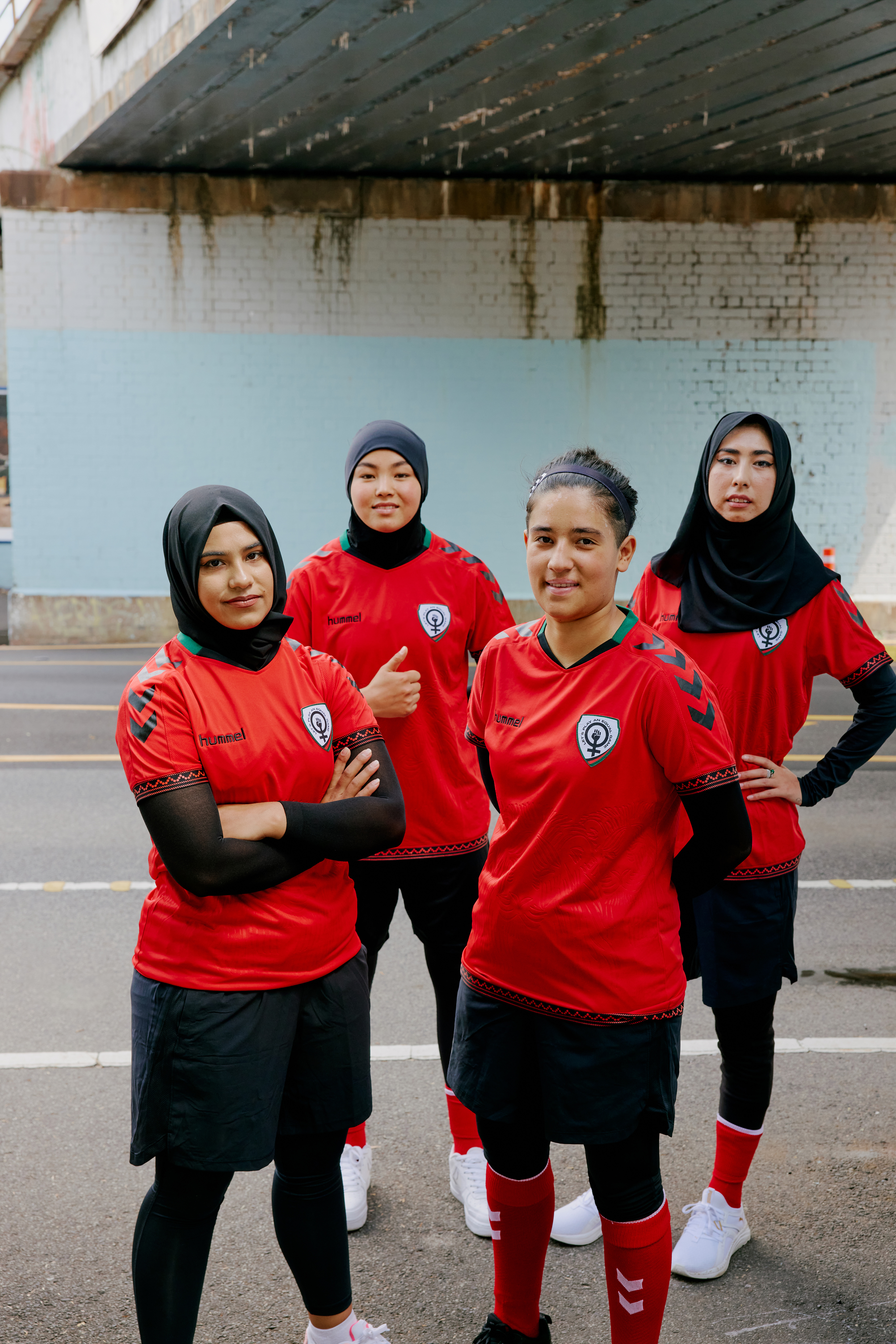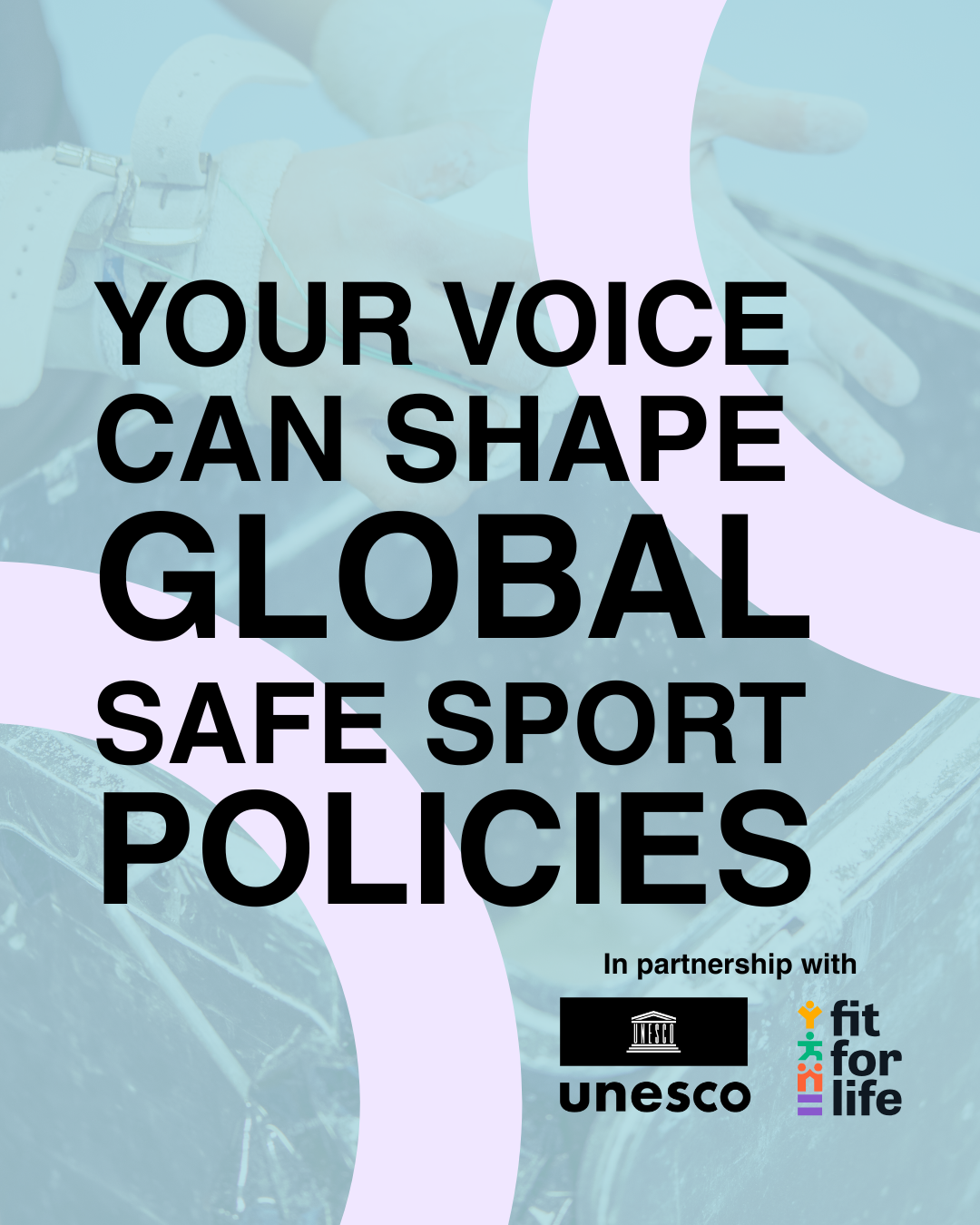Address Rights Risks, Press IOC to Adopt Rights Policy
(New York) – The International Olympic Committee’s major corporate sponsors should explain publicly how they are using their leverage to address human rights abuses in China ahead of the 2022 Beijing Olympic Games, Human Rights Watch said today. Sponsors should also press the International Olympic Committee (IOC) to adopt a human rights policy to identify, prevent, mitigate, and account for any adverse human rights impacts across all Olympic operations and events, including for the 2022 Beijing Winter Games.
The Chinese government has committed crimes against humanity against Uyghurs and other Turkic Muslims in Xinjiang, escalated repression in Hong Kong, tightened control over the media, and deployed mass surveillance.
“There are just three months until the Beijing 2022 Winter Olympics, but corporate sponsors remain silent over how they are using their influence to address China’s appalling human rights record,” said Sophie Richardson, China director at Human Rights Watch. “They are squandering the opportunity to show their commitment to human rights standards and risk instead being associated with an Olympics tainted by censorship and repression.”HRW Letter to Coca-cola Re: Beijing 2022 Olympics SponsorshipHRW Letter to Coca-cola Re: Beijing 2022 Olympics Sponsorship
The TOP (The Olympic Partner) sponsors collectively pay billions of dollars in fees to be associated with the five Olympics Rings brand and are a significant source of IOC income. Human Rights Watch wrote to the companies in May 2021, and Allianz in October 2021, asking them how they are managing the human rights risks of their involvement with the 2022 Beijing Olympics but only received a response from Allianz, which stated, “We stand behind the Olympic Movement and our longstanding support for its ideals will not waver.” Human Rights Watch has also written to NBC, the US-based media company whose licensing revenues constitute about 40 percent of all IOC income.
According to the IOC’s website, the TOP sponsors include: Intel, Omega, Panasonic,
Samsung, P&G, Toyota, Visa, Airbnb, Atos, Bridgestone, Coca-Cola, Allianz, and Alibaba. Many of the Olympic sponsors have policies committing them to work within a human rights framework and to disclose how they identify and address human rights risks. The Business & Human Rights Resource Centre reports that Alibaba has no human rights policy.
In response to questions from Bloomberg about involvement in the 2022 Olympics, Omega said: “As a global brand, we are certainly aware of international tensions and monitor them carefully.… We sincerely believe that the Olympic Games is a perfect opportunity to meet on common ground in the spirit of unity.” Airbnb told Bloomberg that, “We believe China is an important part of our mission to connect people from around the world and from different backgrounds, now more than ever.”
The United Nations Guiding Principles on Business and Human Rights, adopted in 2011 and widely endorsed by companies, including by all but one of the Olympics sponsors, create a responsibility for companies to address negative human rights impacts directly linked to their operations, products, or services by a business relationship.
The failure of Chinese authorities to uphold the rights-related commitments they made to win the 2008 Summer Olympic Games, and their deepening repression since that time, make clear that the government cannot be expected to respect human rights around the 2022 Winter Games. Any protests or speech critical of the government, whether by Chinese citizens or visiting athletes, may risk censorship or reprisals. The Chinese government’s unwillingness to share critical information about the state of public health or environmental dangers is a serious threat. Legislators in Canada, the European Union, United States, and United Kingdom have called for diplomatic boycotts, and in some cases full boycotts, of the 2022 Beijing Games, or for the Games to be relocated to another country.
In December 2020, the IOC published a Human Rights Strategy that would align the Olympic Movement as a whole with the UN Guiding Principles. The IOC has said, however, that the strategy will not be implemented until after the 2022 Beijing Olympics.
Human Rights Watch wrote to the International Olympic Committee in December 2020 asking it what human rights due diligence the Olympic organizer had done around the preparations for the 2022 Beijing Olympics and to explain its efforts to manage human rights risks connected to the Games. Human Rights Watch met in January 2021 with IOC staff, including Juan Antonio Samaranch Jr., chair of the IOC Coordination Commission for Beijing, to discuss Games-related human rights issues, urging the IOC to adopt a human rights policy and recognize the Chinese government is violating human rights commitments made to host the Olympics.
Human Rights Watch urges all Olympic sponsors to take six specific steps in line with their human rights responsibilities under the UN Guiding Principles:
- Publicly voice support for the IOC adopting the UN Guiding Principles on Business and Human Rights at the next Executive Board meeting;
- Press the IOC to develop and promulgate a human rights policy and add human rights to the “fundamental principles” of the Olympic Charter;
- Publicly certify that operations in China do not entail labor abuses or other rights violations;
- Press the Chinese authorities to fulfill their human rights commitments made when the Games were awarded, in particular with regard to media freedom;
- Urge the release of detained human rights defenders, including Ilham Tohti, Gao Zhisheng, Zhang Zhan, and Lobsang Choephel; and
- Support an independent investigation under United Nations auspices into China’s crimes against humanity and other abuses in Xinjiang.
“The Olympic corporate sponsors have taken no evident steps to press the IOC to adopt human rights that are now standard across the business world,” said Minky Worden, director of global initiatives at Human Rights Watch. “As the clock ticks down toward the Beijing Olympics opening ceremony on February 4, the TOP sponsors should publicly call on the Olympic system they are paying for to stand up for human rights and put an end to rampant abuses in China.”








